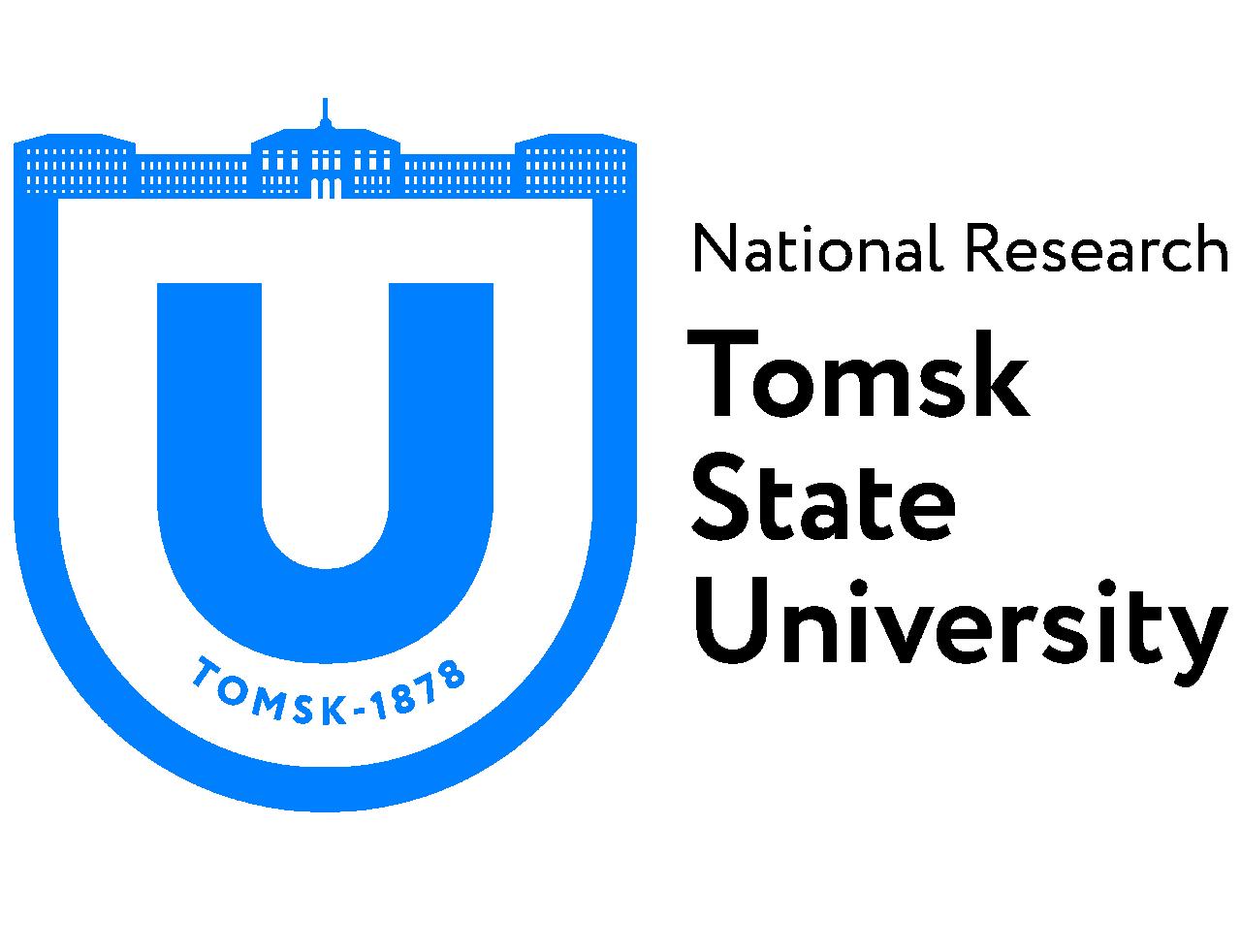Tomsk State University: 110 teams will compete in Counter-Strike to win 550,000 Rubles
Tomsk State University is hosting the first university league tournament in CS:GO, from 10 to 19 December. It is sponsored by the National University Cybersport Association, initiated by TSU. 217 teams from 110 Russian Universities have registered to participate and are competing for the top prize of 250 thousand rubles; the whole prize fund is 550 thousand rubles. The final tournament will be held offline in Tomsk.
The tournament is supported by TSU, TSU Center for Applied Big Data Analysis, expert-analytical center Policy in Research and Education, and Colizeum, a network of cybersport clubs.
Counter-Strike: Global Offensive is a multiplayer computer game, where users are split into two teams. One of the teams plays as terrorists, the other plays as a special force unit. The winning team is determined by the results of several rounds.
The organizers note that the tournament has several goals: to develop and endorse cybersport among students; to promote a healthy lifestyle and good approach to cybersport training; to organize student hobbies; and to study the use of cybersports in education.
“Cybersport is very important today; especially in academia– we can use cybersport and its elements in education. You upgrade your character in-game and it ‘upgrades’ you back, your cognitive abilities. The way people think, react, what they feel while gaming – we want to research that in the university and implement the results into our educational programs. The National University Cybersport Association functions to involve more universities in our organization,” says Ilya Demeshkin, head of the cybersport division of the TSU Center for Applied Big Data Analysis.
Cybersport studies are a part of the TSU strategic project Social and Human Engineering in the Priority 2030 program.
According to the tournament rules, each team should have no more than five players and no more than two substitutes. The participants should be older than 16, be CIS-country residents, and study at a university. The last requirement is what distinguishes the tournament of the National University Cybersport Association from others.
“Teambuilding is another research-worthy element of cyber games. Some players in a team can be from different universities and even from different cities – they just met on the Internet and chat on some game-related platforms. Our end goal is that we want universities to have their own official teams – same as with the usual sports,” explains Ilya Demeshkin.
One university is allowed to send no more than four teams. To determine the best players, some universities had to hold qualification matches. The largest number of applications – 7 teams – was registered from Irkutsk National Research Technical University.
The following universities registered four teams: Altai State University, Zabaikal State University, Irkutsk National Research Technical University, Kazan National Research Technological University, Orenburg State University, Tumen Industrial University, and Tomsk State University. The four participating TSU teams are TSU, TSU2, ZeroNine and Ligma.
The tournament is held in several rounds. The registered teams are competing against each other, and if a team loses, they no longer participate in the competition. The tournament bracket is randomized to prevent prearranged matches. The eight strongest teams will compete in the play-off. These matches will be streamed on Twitch and YouTube with professional commentators. The final game between the two strongest teams will be held in Tomsk, offline, on December 18. The players will be provided with everything they need and transfer will be organized and paid for by the organizers.
The prize fund is 550,000 rubles. When an organization joins the National University Cybersport Association, it pays a membership fee that goes to the prize fund. Tomsk State University and Colizeum, the widest network of cybersport clubs, as key initiators of the project, were the first to make a contribution. The prize fund will be distributed between the play-off teams, and the winners will take home 250,000 rubles.

